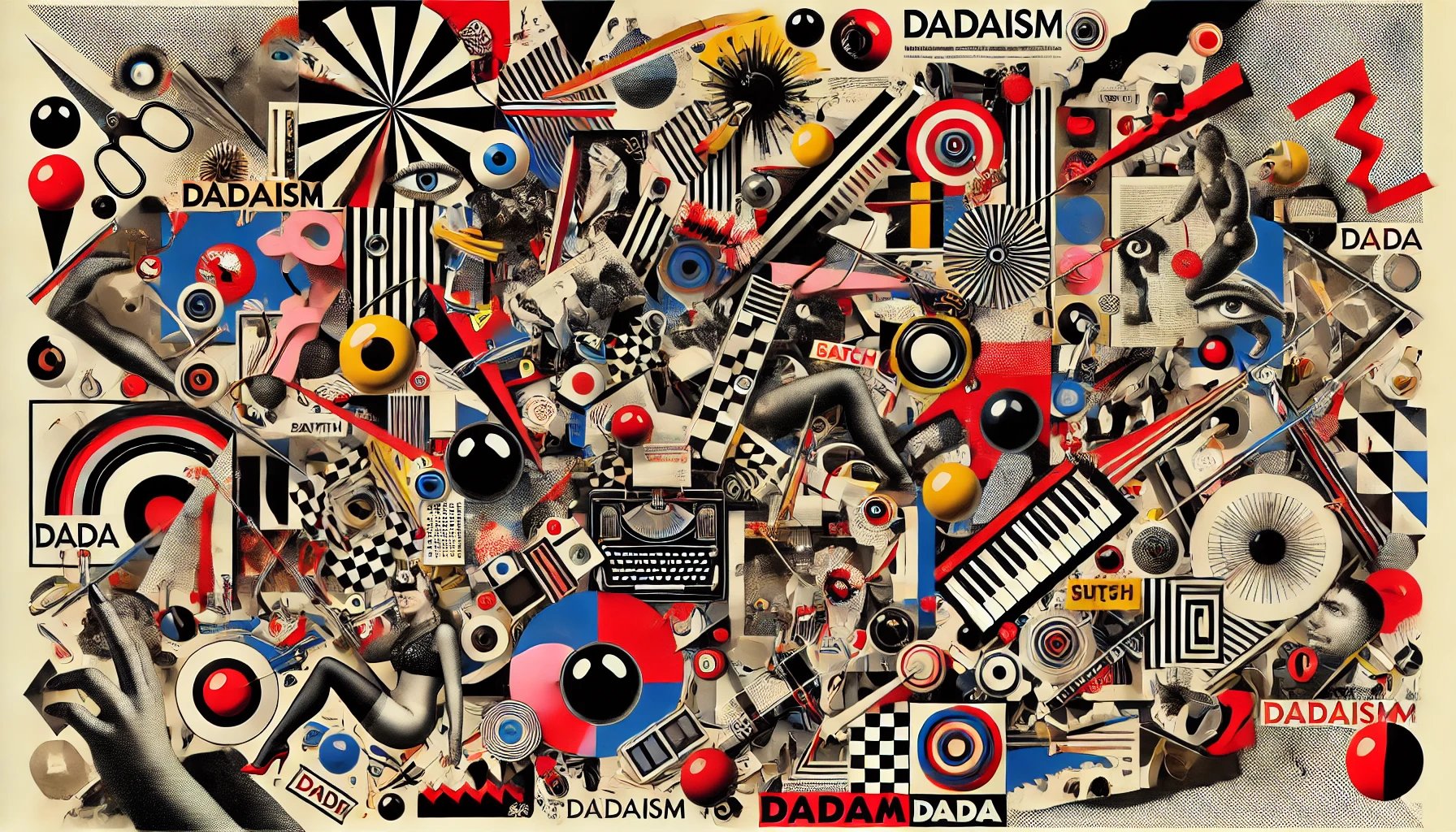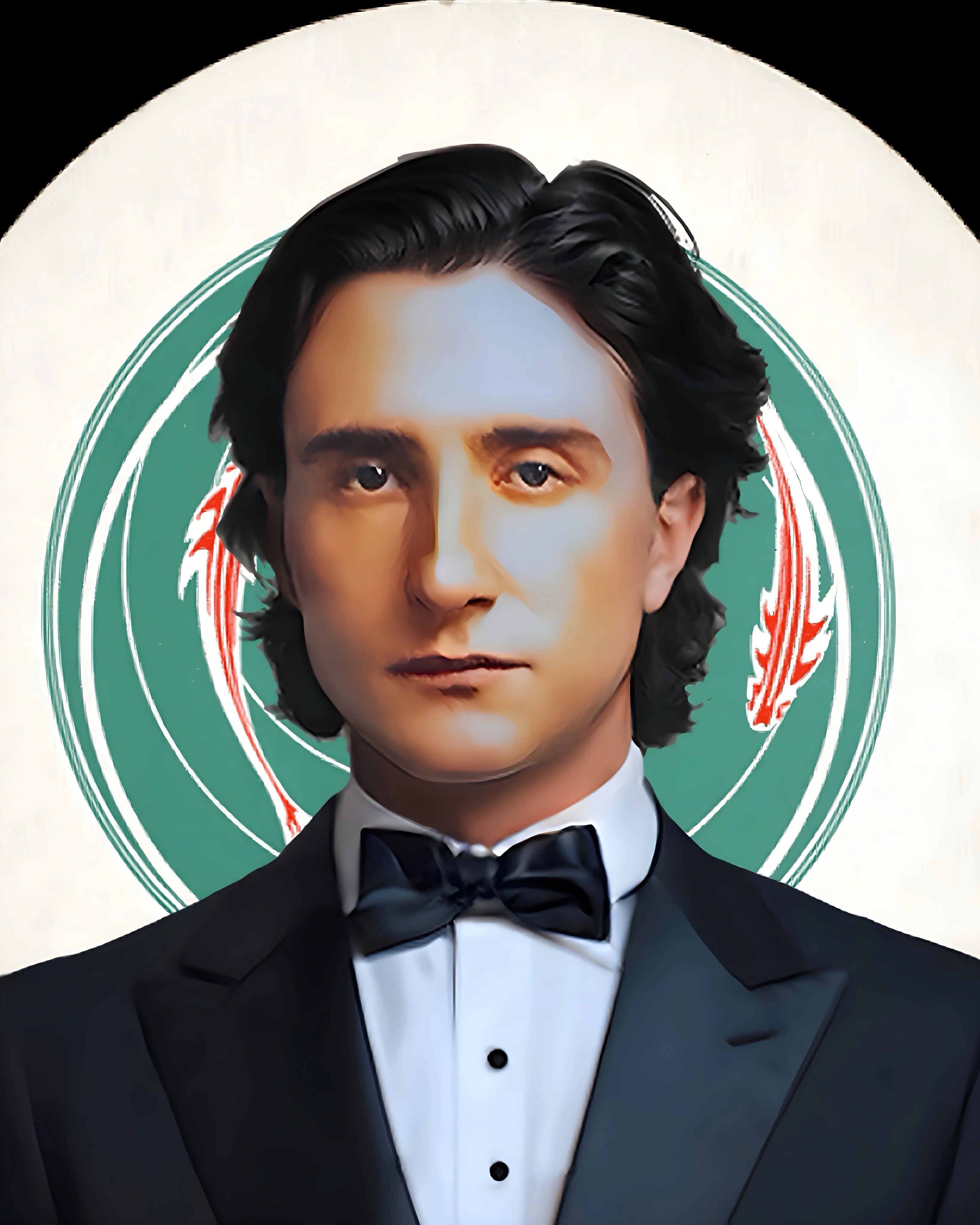
Marcel Duchamp

Marcel Duchamp, born on July 28, 1887, in Blainville-Crevon, France, is a central figure in the development of contemporary art. His work revolutionized traditional notions of art, especially with the introduction of "ready-mades," everyday objects presented as artworks, with "Fountain" (1917) being one of the most iconic. Duchamp challenged artistic conventions and questioned the very nature of art, promoting a new way of understanding creativity and aesthetic perception.
The Dadaism movement, which emerged in Zurich during World War I, was a significant influence on Duchamp. This movement sought to break with established standards of art, literature, and culture in general, promoting spontaneity, absurdity, and anti-art. Duchamp adopted and expanded these principles, taking them to new heights through his conceptual works.
Duchamp also profoundly influenced several subsequent artistic movements, including Surrealism and Conceptual Art. His focus on the idea over form inspired artists like Salvador Dalí and René Magritte, who explored dreams, the unconscious, and irrationality in their works. Additionally, his influence extended to Pop Art and Minimalism, where idea and presentation played crucial roles.
In the realm of conceptual art, Duchamp is seen as a fundamental precursor. His ready-mades and his questioning of what constitutes a work of art paved the way for artists like Joseph Kosuth and Sol LeWitt. These artists embraced the premise that the idea behind a work is more important than its physical execution, a principle that is essential to conceptual art.
Marcel was a pioneer in the use of humor and irony in art, using pseudonyms like Rrose Sélavy to challenge and play with artistic and social identities. This playful and critical approach has left an indelible mark on the way contemporary artists approach the creation and interpretation of their works.